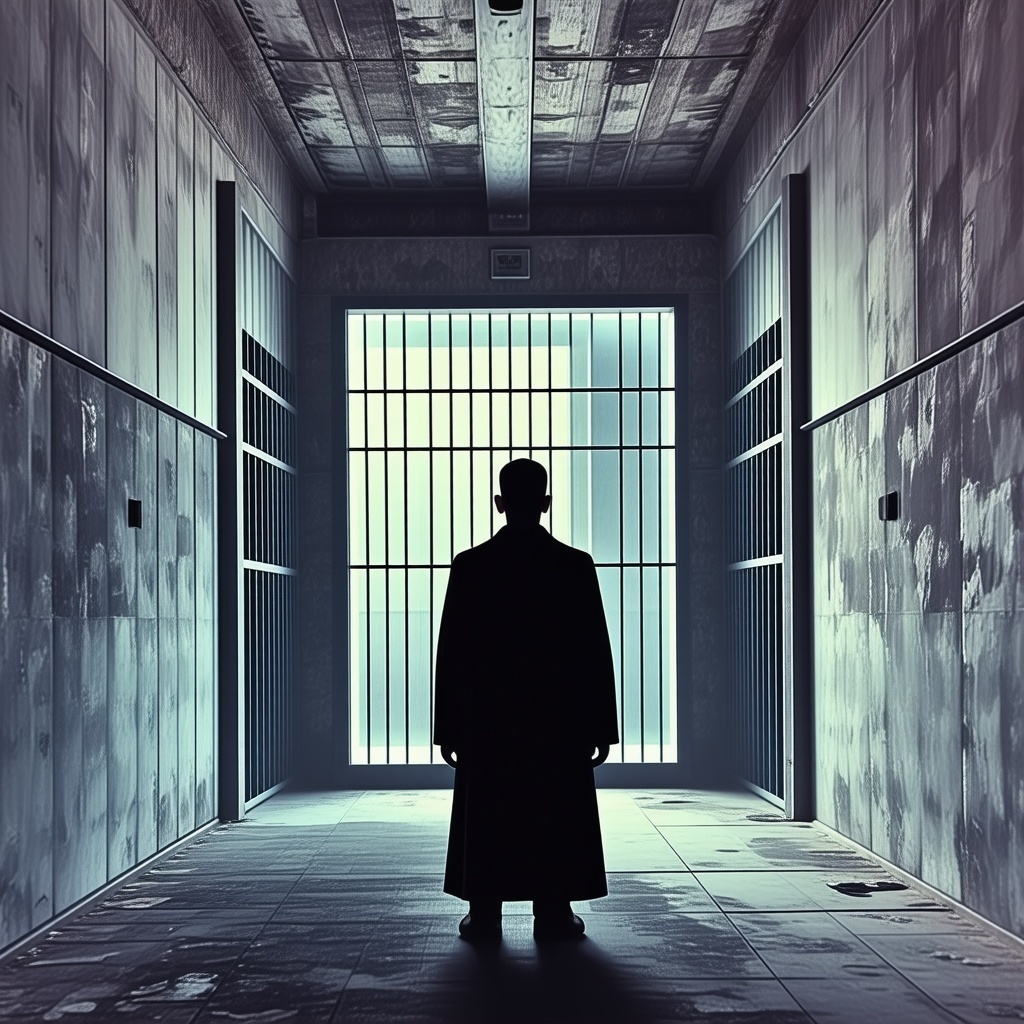It was 1929, British India and I lived in Meerut. Heeding Gandhiji's call to join the freedom struggle I crossed the Rubicon and plunged headlong into India's freedom struggle. I earned the wrath of the British government and like many in those days I was sent to solitary confinement to the notorious jail in the Andaman-the Kaalapani. Kaalapani was known for its tales of torture and other nefarious activities by the British. I resigned myself to a fate of morbid torture and certain death. However, with the help of a friend in Kolkata I somehow escape Kaalapani by the skin of my teeth and board a ship from Port Blair and reach the picturesque port city of Casablanca, Morocco on the West African Atlantic coast. In Casablanca I have tea at the local souk(an open air marketplace or commercial quarter in an Arab or Berber city) and order some refreshments with the help of a new found Arab friend of mine, Amine. Amine and the local Moroccan people are a good natured, friendly lot and are very knowledgeable about India especially the contemporary Indian film stars. With the help of Amine I secure a job as a conscript in the local Moroccan version of the British Indian Army in the Gorkha Rifles and soon find myself fighting the Germans, Japanese and the Italians(Mussolini was really a ludicrous figure in European politics although the millions of Italians who suffered under him had nothing to be happy about. With typical rhetoric he announced Italy was joining the war on Hitler's side. But, Mussolini's troops were no match for the British and were soon outclassed by the latter and Rommel's boys had to extricate them from one mess to another. But some nationalist Italians claim this was because of the stubborn, pig headedness of the contemporary Italian fascist dictator, Al Duce and much later left to themselves they fought like the proverbial, disciplined armies of yore of ancient Rome in the Boer war(the Boer war preceded the setting for this story by circa around three decades but this being fiction I have tweaked the story a bit) on the side of the British. From Casablanca I am posted to Marrakech and still later to the capital and largest city, Rabat. From Rabat I am sent by a ship along with many others in my unit to Benghazi and still later to Lebanon all the while fighting the Germans and the Japanese alongside the British all over West Asia. Soon the murderous World War II is over and I arrive by ship in Casablanca. With the help of Amine and Amine's friend Ayoub I secure a bus ticket to Marrakech and I arrive by bus in Marrakech. From Marrakech I take a camel ride and traversing the length of the Sahara in the process crisscrossing eight African states I arrive in Djibouti on the east African coast. Still continuing the camel ride I pass by the Mabla and the Goda mountains in Djibouti's coastal plains and arrive in Djibouti's Day forest. Now in the Day forest and on the way I had made friends with a Djiboutian boy, Aboubaker who arranged for my long journey back to India. I arrive in Bombay by ship and from Bombay I take the train to Bangalore and reach Bangalore. Now, a friend in Bangalore arranged a meeting for me with Winston Churchill who as is known to some used to stay in Bangalore in those days. Much later as Britain's Prime Minister Winston Churchill conferred on me the the Victoria Cross at a special investiture ceremony in London for meritorious services in the British Indian Army. These were the times when Churchill's bete noire Clement Atlee had decided to grant the long sought after independence to India and Mountbatten was sent as the Crown's representative to India with a specific brief to grant independence to India. Otherwise a liberal Viceroy, Mountbatten soon after taking charge landed with the viceregal entourage at Nehru's relatively humble home in Teen Murti Bhavan. A stunned Nehru reportedly told an aide "Thank God, we haven't received a stuffed shirt". Mountbatten in consonance with Atlee granted India independence and soon the Tiranga(tricolor) replaced the Union Jack over Lal Qila(Red Fort) as India's first PM Jawaharlal Nehru unfurled it over the Red Fort and hundreds of sirens went off all over India as harbingers of the new age. Hundreds of doves were also released by Nehru as messengers of peace and as a tacit message to the world of India's peaceful intentions. While all these were token and symbolic messages with nuances not so symbolic was my experience in Morocco as in Casablanca I had fallen in love with a lovely Moroccan girl, Amira. I had married Amira and soon settled into my lavish home in Bangalore with my Moroccan wife. Meanwhile, I had received a citation from India's first President Babu Rajendra Prasad as India's first commissioned officer.



 React
React
 React
React
 React
React
 React
React
 React
React